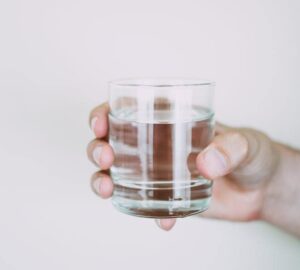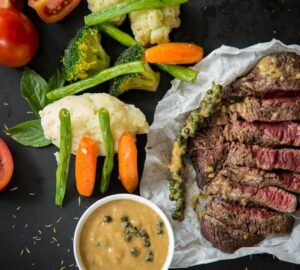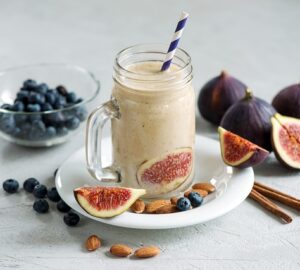Caffeine is an alkaloid found in many plants species, with tea leaves, coffee beans, and cocoa beans as the most popular. Other sources include yaupon holly, green tea leaves, and guarana berries. Caffeine can be a central nervous system stimulant and may also fight off fatigue.
Many use caffeine to boost energy, serve as a workout enhancer, or as a tool for mental alertness. People may also use caffeine for medicinal purposes. Some instances for its possible therapeutic use are its existence in specific dietary supplements and presence in some headache and migraine medicines. It can also be a potential tool to reduce depression and a boost to other treatments in adults.
There are many ways that caffeine may help, given some of the information above. On the other hand, too much consumption may result in some side effects. Some side effects might be digestive problems, anxiety, difficulty sleeping, and many more. Therefore, moderation is still a key to taking a caffeinated drink or food.
Overall, look at these four best possible sources of caffeine if you may still want to gain the benefits of taking caffeine.
1. Caffeine Pills
This first source of caffeine may be a quick way to boost your energy. Caffeine pills are supplements created using caffeine. It can be synthetic or derived from natural sources. Moreover, people might use caffeine pills to get the unique health benefits linked with caffeine instantly.
As an adult who will take caffeine pills, it can be harmful if you take too much. It’s because overdosing 1-5 grams of added caffeine may lead to death or coma. Likewise, you should not mix it with energy drinks as it may also lead to overdose. Consuming too much caffeine may also be dangerous if you use supplements that have pure caffeine and that which come in bulk, like liquid or powder.
Overall, some ways to take caffeine pills safely is by:
- Not taking over-the-counter medicines like pain or cold medications if you will take a caffeine pill
- Avoid using it before sleep
- Watch for signs of overdose like nervousness, irritability, and fast heart rate
2. Dark Chocolate
It’s a portion of delicious food and dessert that also contains caffeine. A 30g dark chocolate has 60mg of caffeine, and therefore it’s also good to help you be alert. Moreover, dark chocolate has flavonoids and a wide diversity of antioxidants known to improve mood and be good for the brain.
3. Coffee
One of the most famous beverages globally, coffees are made from ground and roasted coffee beans that coffee growers transform into a powder and later mixed with hot water. A single coffee contains large amounts of beneficial nutrients and antioxidants.
To add, some benefits of having coffee are:
- It may burn fat
- Can fight depression
- It can help with physical performance
- It May be helpful with Dementia or Alzheimer’s disease
- May protect the liver
- Helps in lung functioning
There are many types of coffee. Some examples are:
- Café Latte
- Americano
- Cappuccino
- Espresso
- Frappuccino
To summarize, coffee has a lot of potential and scientifically-proven benefits. And so, it can keep you healthier. Caffeine also has a lot of types that can bring different kinds of tastes depending on your choice. Therefore, add this to your meals in the morning but always remember to drink it in moderation.
4. Green Tea
Obtained from the Camellia Sinensis plant, its dried leaves create various teas, including black or oolong teas. It’s a great alternative to coffee and also one of the healthiest drinks globally. There are a lot of varieties of green tea, and most of them have lower caffeine content at around 28mg per 8oz of a cup.
Furthermore, green teas have a lot of nutrients and antioxidant properties. It also contains polyphenols, a natural compound that may help fight cancer and lower inflammation. Some other possible benefits of green tea are:
- May reduce fat
- May lessen the risk of chronic disease
- May reduce the risk of cancer
- May minimize the risk of brain aging
- May reduce the risk of heart disease
Green teas are usually used as a beverage, and it’s safe to drink for up to 8 cups daily for most people. On the one hand, drinking too much of it may also lead to side effects. And green tea extract, in particular, have chemicals that are linked to liver injury when drink in high amounts.
Wrapping Up
Many drinks and foods have caffeine. Beverages like green tea, coffee, and foods like chocolates are examples of where it occurred.
Likewise, many use it to stay alert. There are also evidence and possibilities that it may help with a wide variety of health issues. Health issues that caffeine may assist with are weight gain, Dementia, heart disease, and high blood pressure. On the other hand, overdosing on caffeine may lead to side effects, and therefore, people should take it with some caution.




